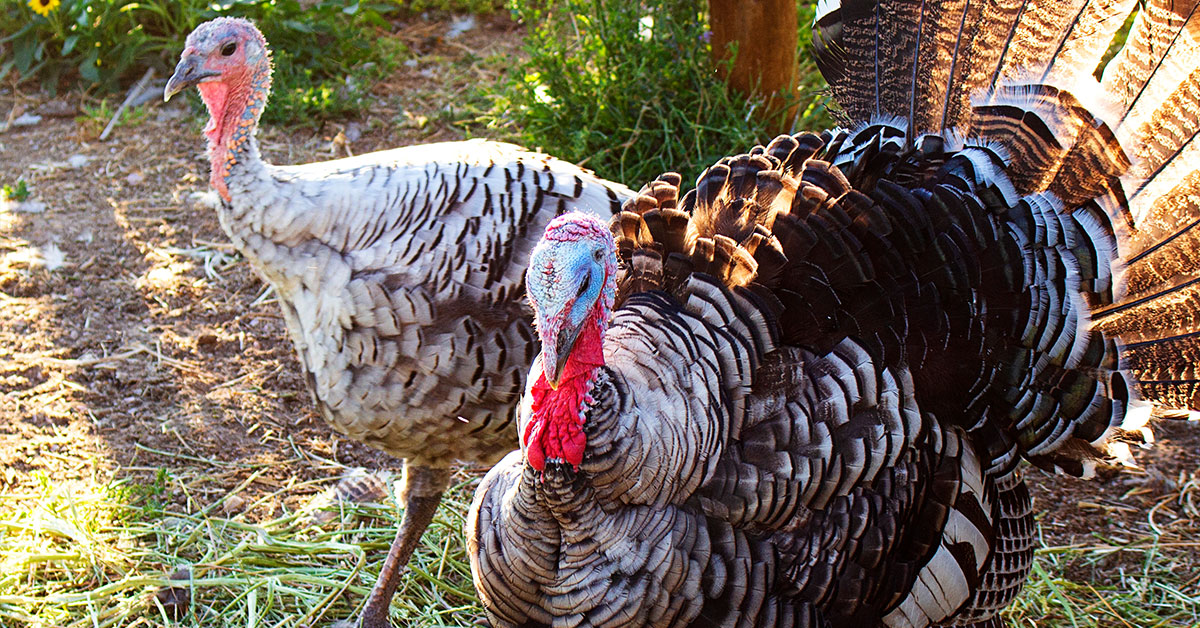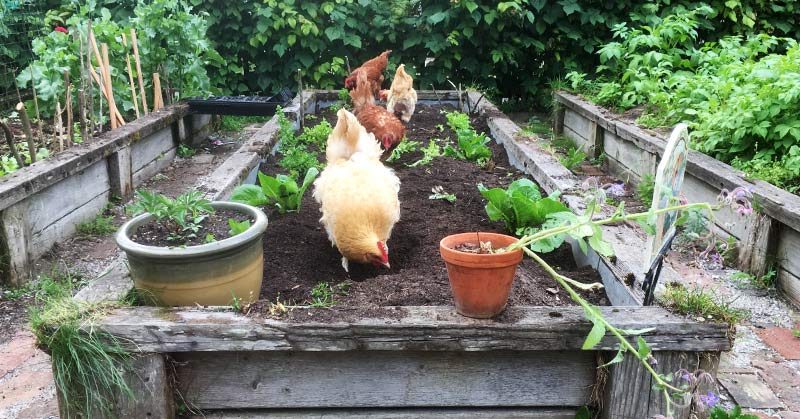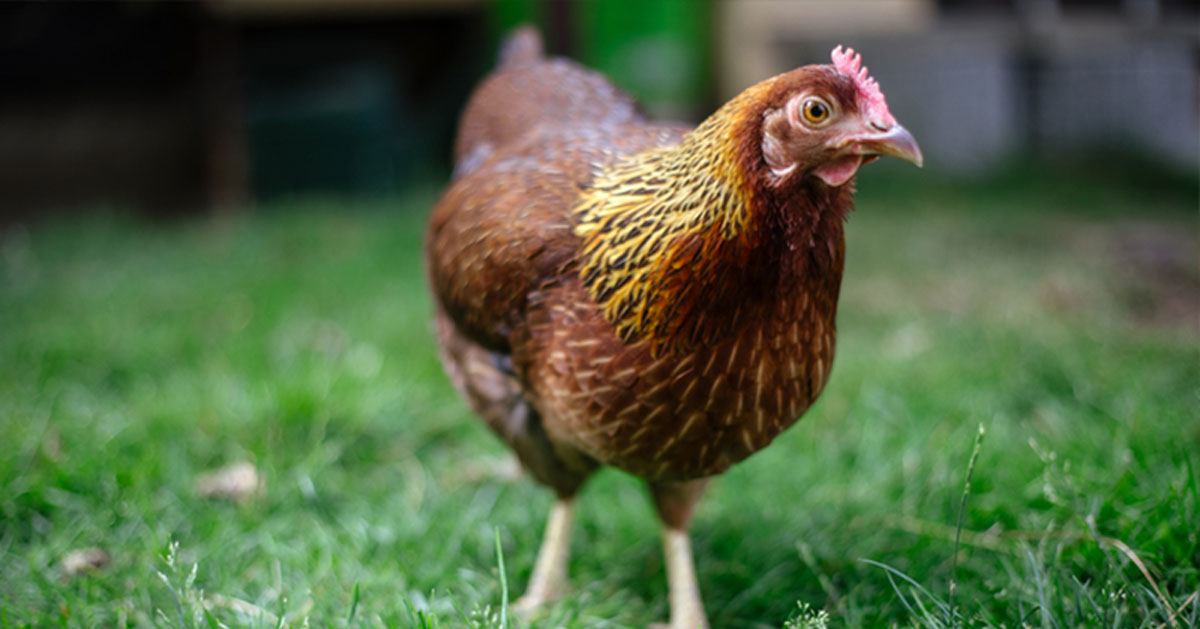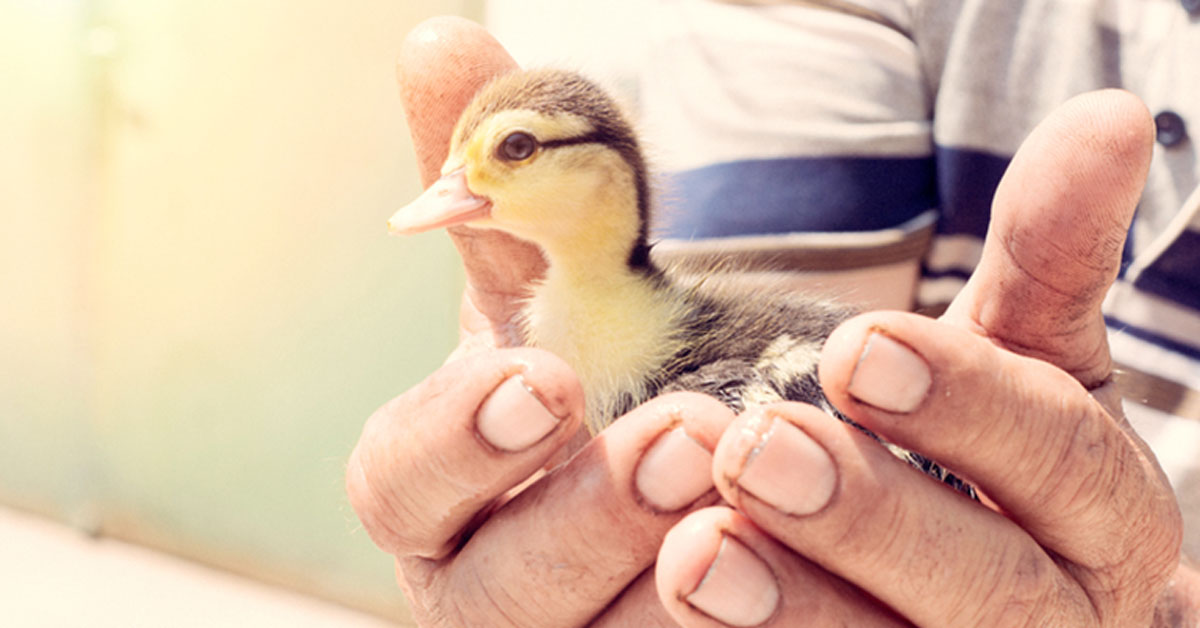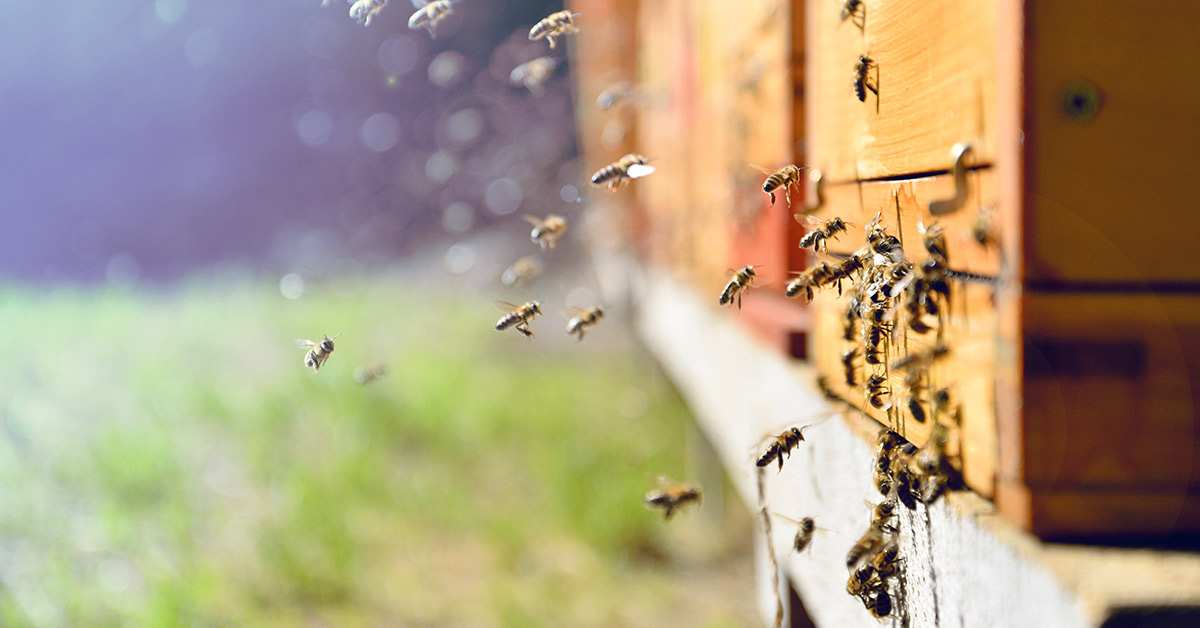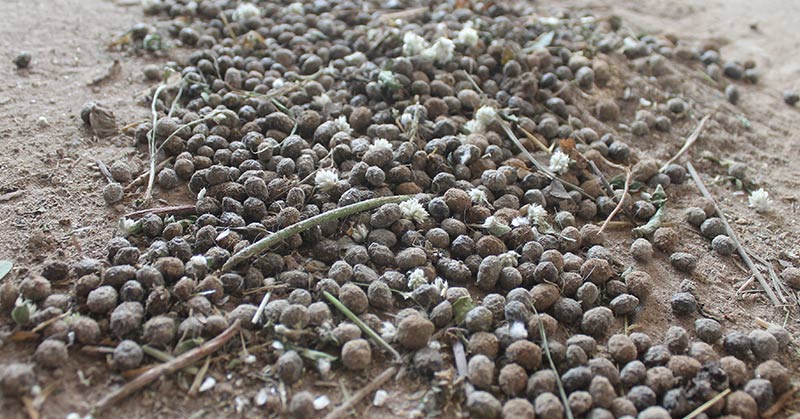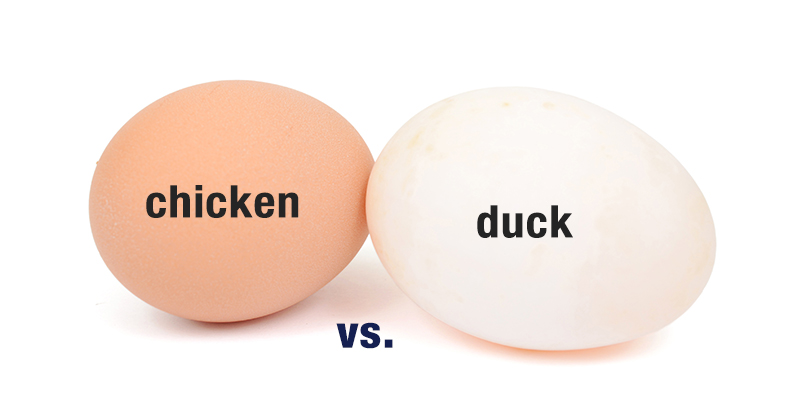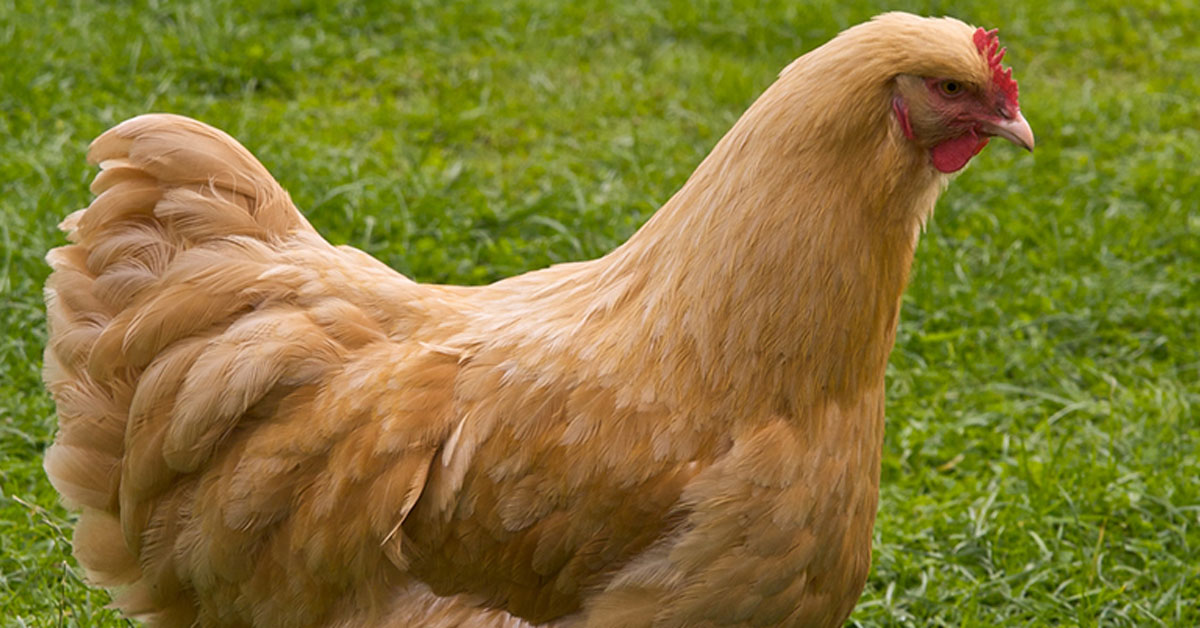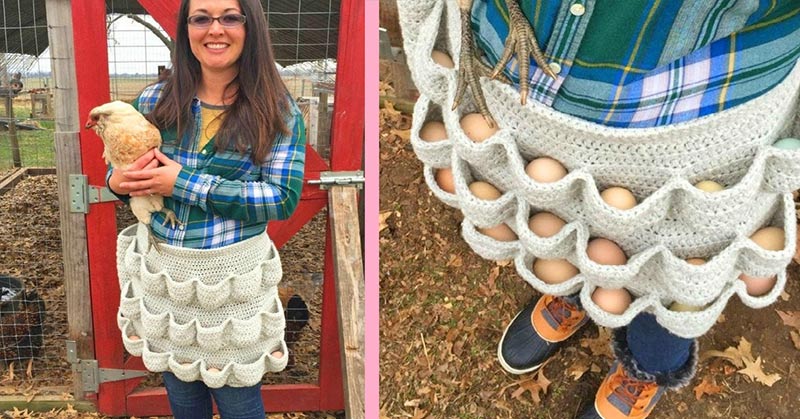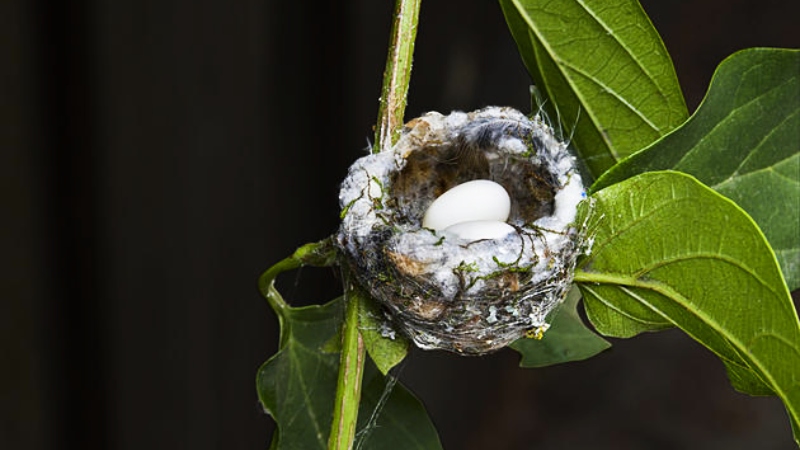Narragansett turkeys are a heritage breed of domestic turkey that originated in Rhode Island, USA, in the 1700s. They are named after the Narragansett Bay area, where they were first developed by crossing domestic turkeys imported from Europe with wild turkeys native to North America.
Narragansett turkeys were once a common sight on farms across the United States, but their popularity waned in the early 20th century as commercial turkey breeds became more popular. However, in recent years, there has been a resurgence of interest in heritage breeds like the Narragansett turkey, both for their flavorful meat and their unique characteristics.
Narragansett Turkey Appearance
One of the things that makes Narragansett turkeys stand out is their striking coloration. They have a black body with white-tipped feathers that create a distinctive, iridescent sheen in the sunlight. They also have a red or blue head and a wattle that hangs from their chin. This combination of colors makes them a beautiful addition to any farm or backyard flock.
In addition to their striking appearance, Narragansett turkeys are also known for their hardiness and adaptability. They are able to thrive in a variety of climates and are particularly well-suited to outdoor living. They are excellent foragers, which means they can find much of their own food by ranging over a large area. This makes them a great choice for people who are interested in sustainable, free-range farming.
Narragansett Turkeys for Meat and Eggs
Narragansett turkeys are also valued for their flavorful meat. Their meat is leaner and more flavorful than that of commercial turkey breeds, and many people prefer it for its rich, gamey taste. Additionally, because Narragansett turkeys are a heritage breed, they are not as heavily processed as commercial turkeys, which means they are less likely to have been treated with antibiotics or other chemicals.
Turkeys are generally not kept for their eggs, but the Narragansett turkey will lay 50-100 eggs per year.
Caring for Narragansett Turkeys
If you are interested in raising Narragansett turkeys, there are a few things you should keep in mind.
Domesticated turkeys require shelter that is safe, dry, and draft-free. The type of housing they need will depend on the purpose of keeping them. If you’re raising turkeys for meat, they will require a different type of housing than if you’re keeping them as pets.
Here are some general guidelines for the housing of domesticated turkeys:
- Space: Turkeys require ample space to move around and spread their wings. Each bird should have at least 4-5 square feet of floor space. If you’re raising turkeys for meat, they will require more space.
- Protection: The housing should be predator-proof, with sturdy walls and a secure door that can be locked at night. Turkeys are vulnerable to attacks from predators like foxes, raccoons, and dogs.
- Roosting: Turkeys like to perch at night, so you should provide roosting poles or platforms. These should be at least 1-2 feet off the ground and sturdy enough to support the weight of the birds.
- Ventilation: The housing should be well-ventilated to prevent the buildup of moisture and ammonia. Proper ventilation will also help regulate the temperature inside the housing.
- Bedding: Provide plenty of clean, dry bedding for the turkeys to nest in. This can be straw, wood shavings, or other types of bedding material.
- Feeding and watering: Turkeys require access to clean water and a balanced diet. Make sure to provide them with fresh water and food daily.
Overall, domesticated turkeys require a clean and comfortable living environment that protects them from the elements and predators. By providing them with adequate shelter, food, and water, you can ensure their health and well-being.
Narragansett turkeys are a fascinating and valuable heritage breed that is well-suited to outdoor living and sustainable farming practices. Whether you are interested in raising them for meat or simply for their beauty and unique characteristics, they are a great choice for anyone looking to add a little diversity and flavor to their flock.


